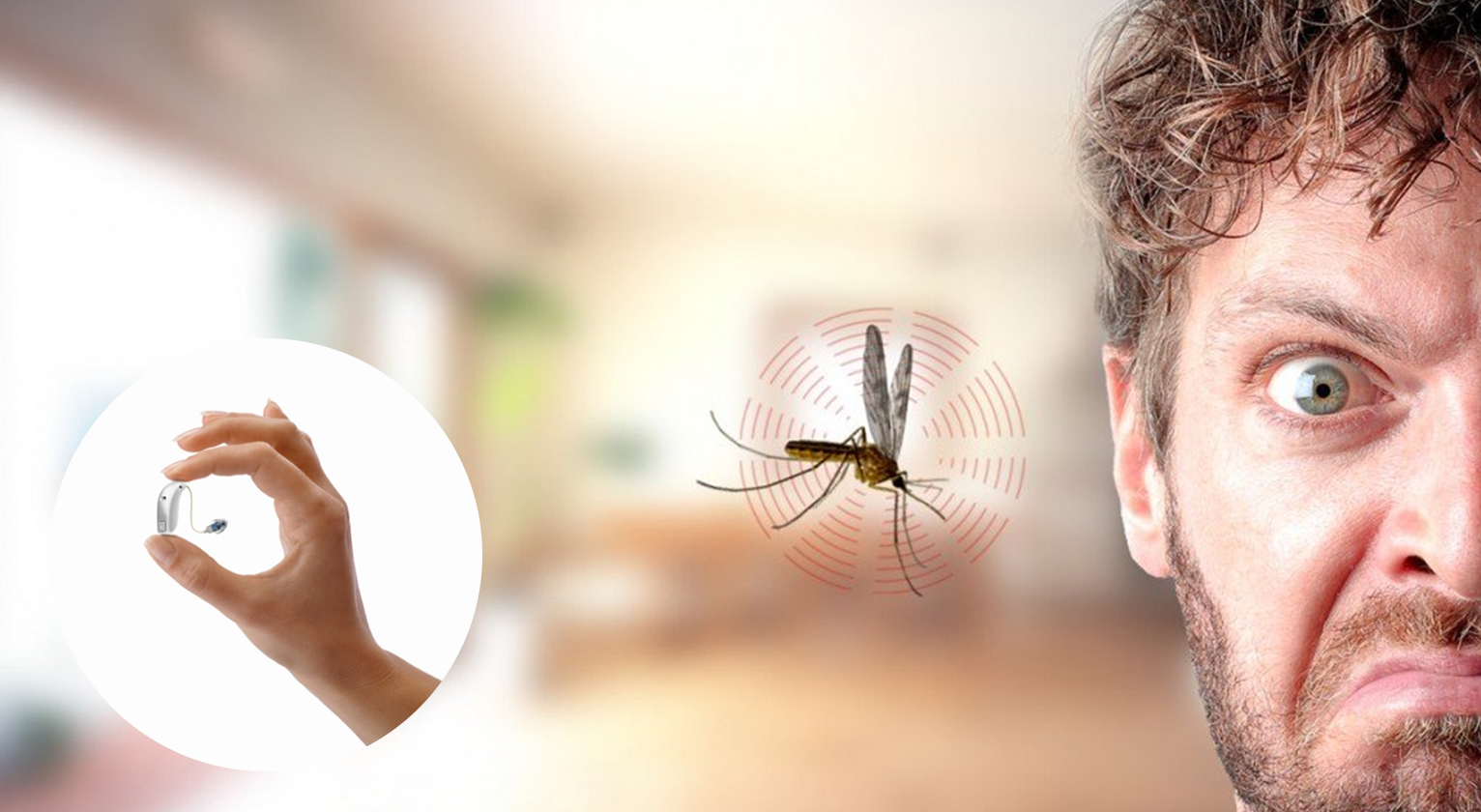
Tinnitus (Ringing in the Ear)
Tinnitus is a medical term describing the ringing, hissing, buzzing, or other noises in the ears. The noise you hear in one or both of your ears is usually not external, and others can’t hear it. It is a common condition that affects nearly 20% of the elderly. It is an age-related hearing loss affecting the circulatory system or the parts of the brain where sounds are processed. It often gets worse when background noise is low, such as at midnight when you are trying to sleep in a quiet room. For many people, the signs get better with an underlying treatment. Dealing with tinnitus can be frustrating. But if the signs aggravate, you may have social anxiety or stress, making it tough for you to lead a healthy life.
Tinnitus has a substantial impact on your day-to-day existence. It makes it hard to focus, disrupts sleep, and makes it difficult to relax.

What are the causes of tinnitus?
The exact cause of tinnitus is not fully understood. In many cases deviations in the working of the nervous system that process sound may be responsible for tinnitus. The other common causes of tinnitus may include:-
- Exposure to loud noises: It is common to experience tinnitus after you are exposed to loud music, such as at a music event or concert.
- Hearing loss: 1 in 3 adults over the age of 65 are likely at risk of age-related tinnitus.
- Ear infections: Earwax or fluid buildup in the ear canal can trigger tinnitus.
- Side effects of some medications: Certain medications, such as NSAIDs, antibiotics, and antidepressants, can damage your ears, especially if consumed in high dosages.
- Head or ear injury: An injury in your head or neck can damage the nerves that send sound signals to the brain resulting in a condition called tinnitus.
- Emotional stress: Exposure to chronic stress can affect a part of the brain that processes sounds.

Symptoms of tinnitus
The symptoms include a noise in the ears such as:
- Ringing.
- Roaring.
- Buzzing.
- Hissing.
- Whistling.
Only the person who has tinnitus hears the noises.
Managing tinnitus
There are many ways to help manage tinnitus. Most of the treatment of tinnitus depends on its cause. Some of the probable methods to manage tinnitus are:

-
Maskers:
It’s a noise machine that you may wear behind your ear. It produces noise, making the tinnitus noise less noticeable.
-
Hearing aids:
The patients suffering from tinnitus due to hearing loss would be suggested to use suitable hearing aids to overcome the subjective noises.
-
Counselling:
Tinnitus can cause depression and anxiety. Seeking an audiologist and the appropriate tinnitus treatment will help you feel better and learn how to focus away from the tinnitus.
-
Tinnitus Retraining Therapy (TRT):
It is a process of learning how to handle tinnitus treatment. It is a combination of counseling and maskers.


